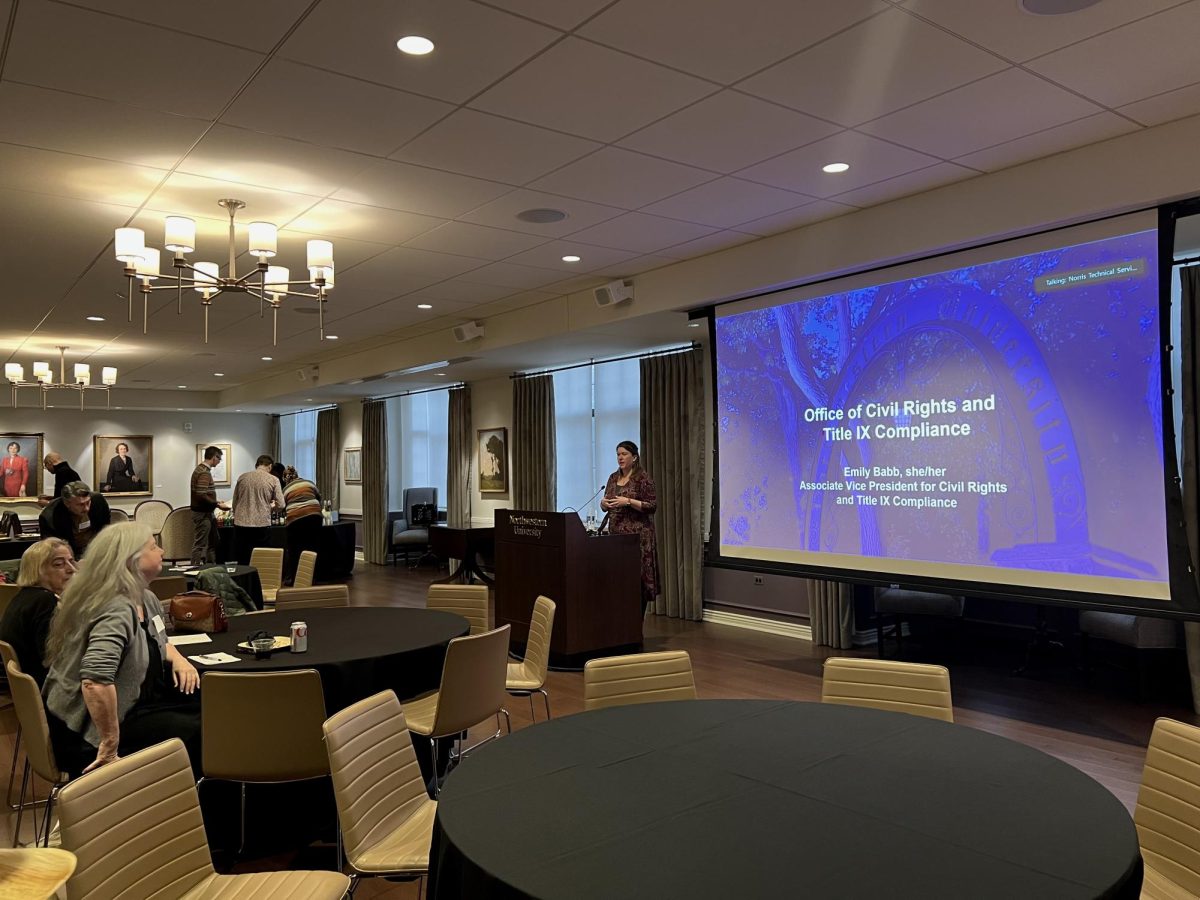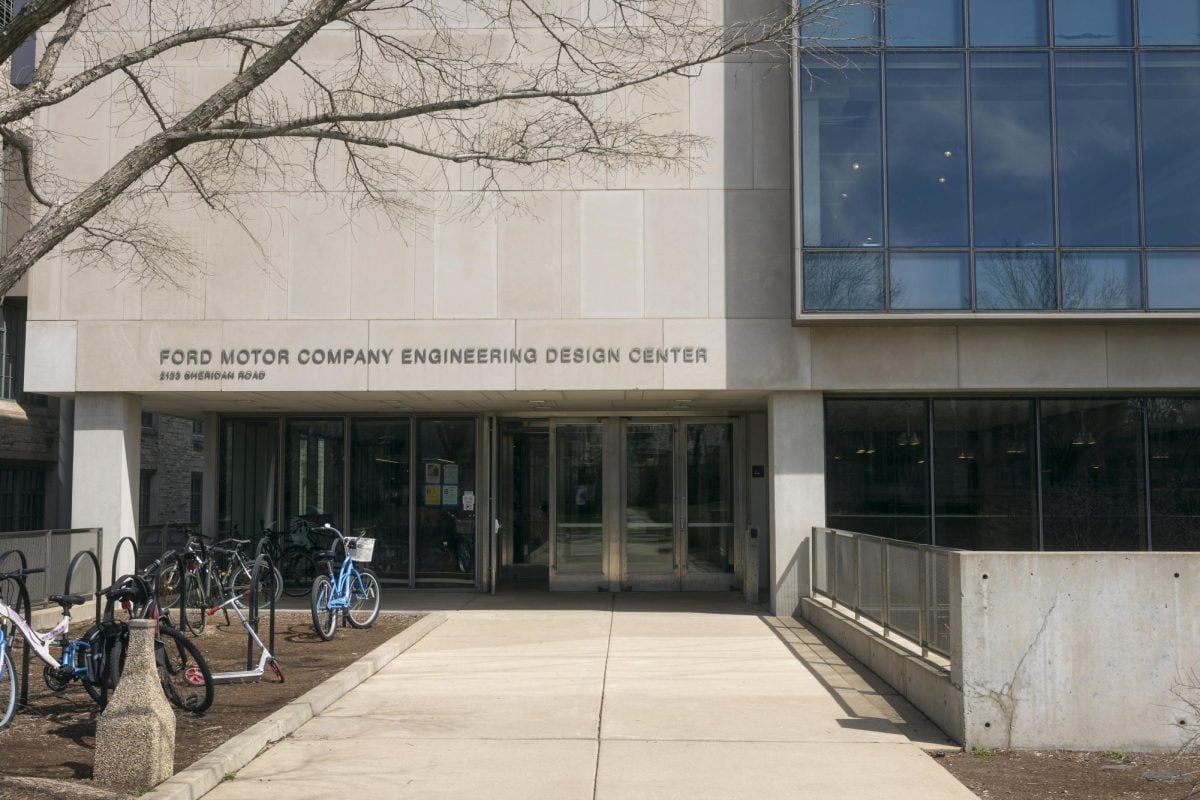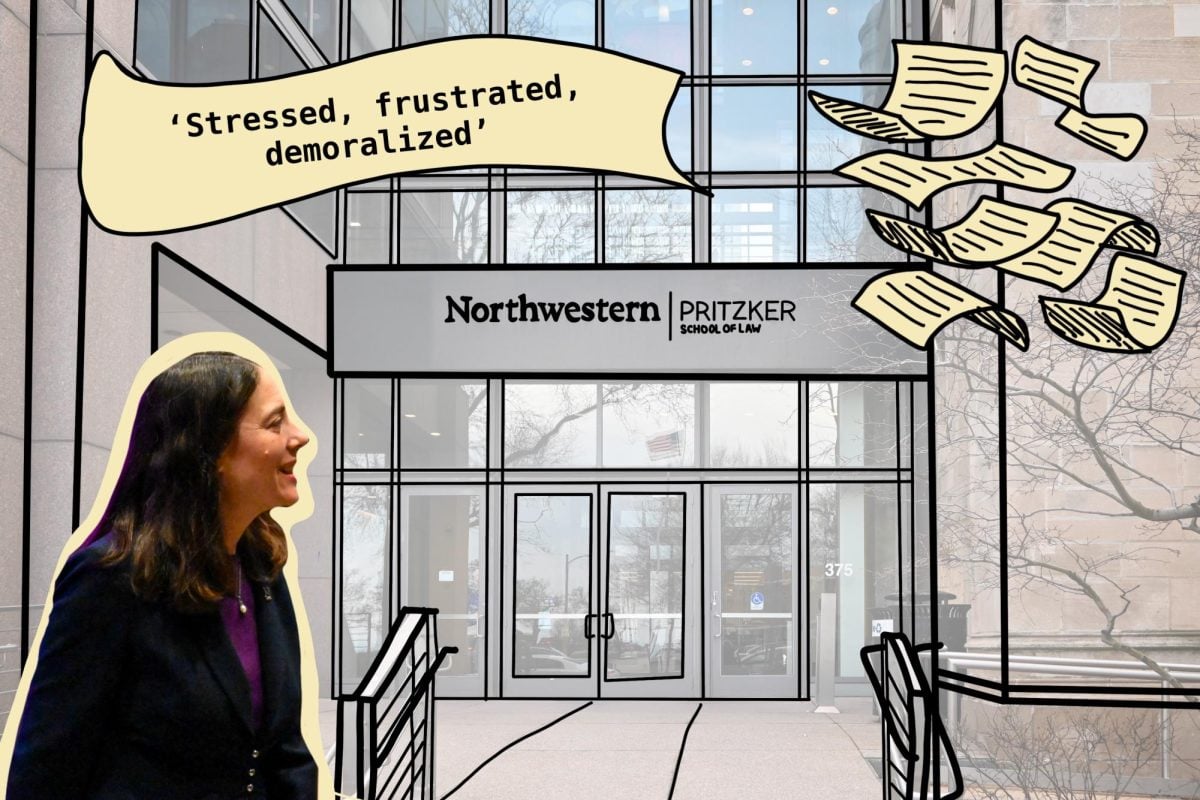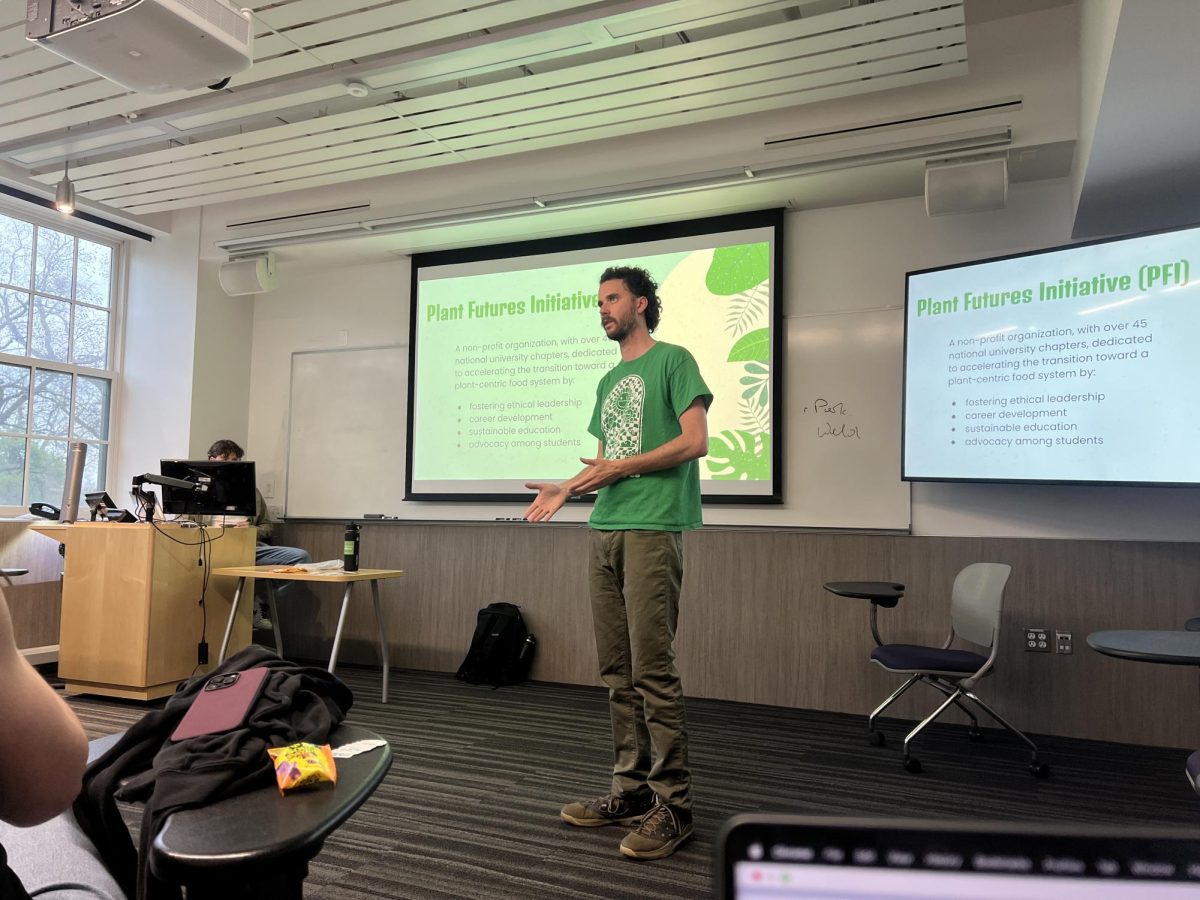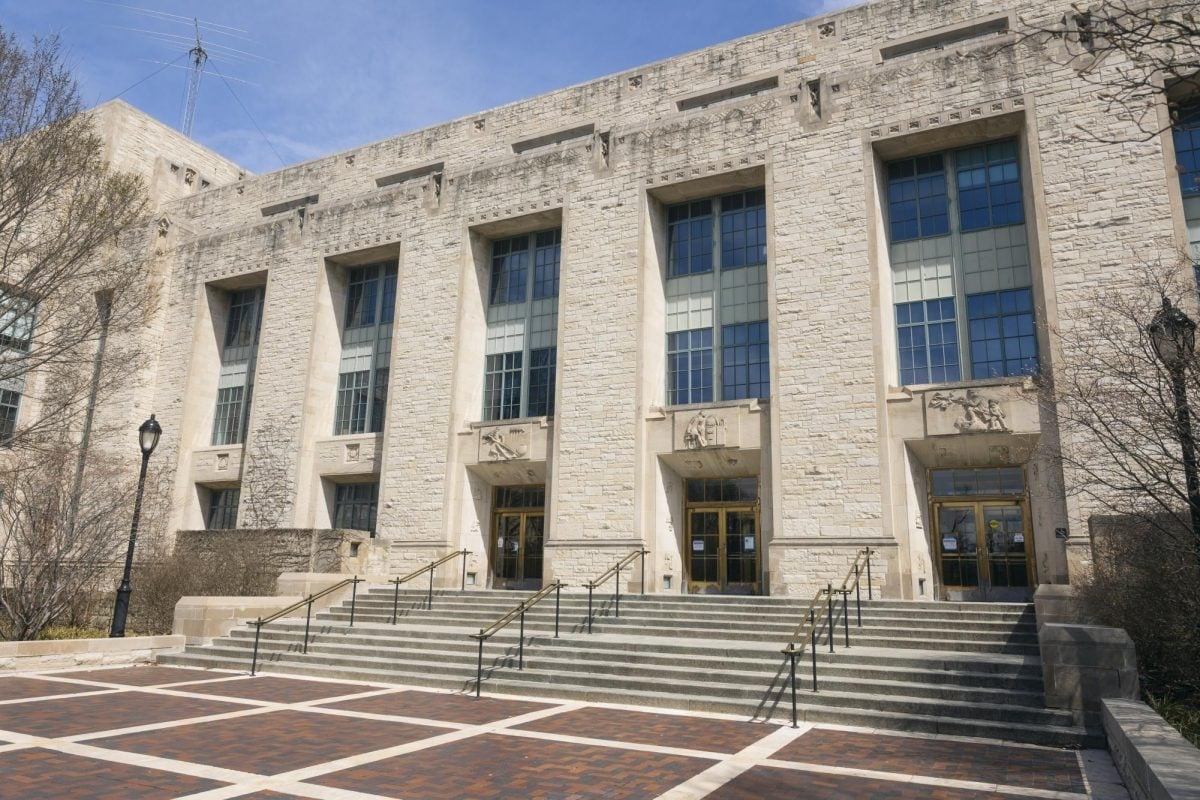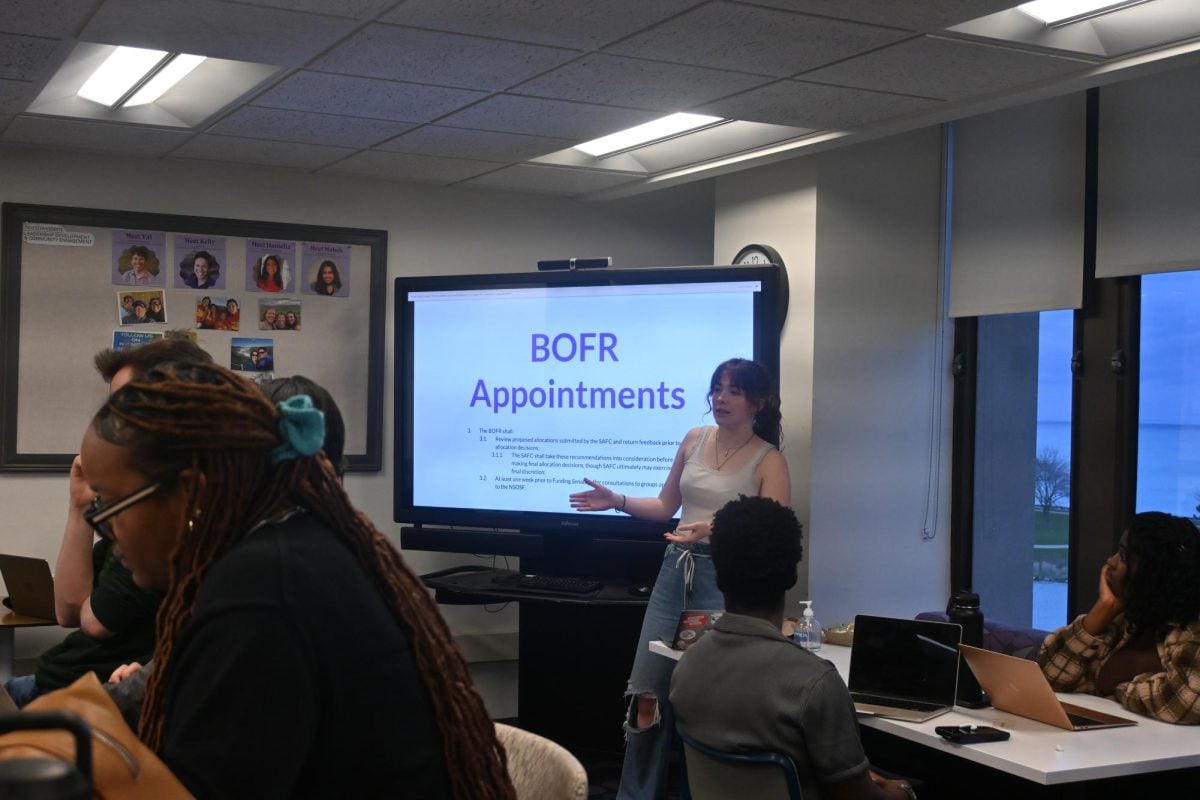The Supreme Court began hearing arguments Wednesday in the latest high-profile affirmative action case, and Northwestern joined nine other institutions in filing an amicus brief regarding the case.
An amicus brief is a document that is filed to a court by someone not directly related to the case. Speaking about the filing in August, University President Morton Schapiro explained, “It is important that Northwestern be ‘on the record’ about the connection between these policies and our mission to pursue diversity and institutional excellence.”
The high court agreed to hear arguments in Fisher v. the University of Texas at Austin after the Fifth Circuit Court of Appeals sided with the university, upholding their admissions process, which includes affirmative action based on race.
Affirmative action has been a controversial topic in the U.S. for decades. In 1978, the court ruled in Regents of the University of California v. Bakke that the use of racial quotas was unconstitutional but using race in admissions decisions was allowed. More recently, in 2003, the justices upheld the University of Michigan Law School’s affirmative action policy in Grutter v. Bollinger.
In the current case, Louisiana State University graduate Abigail Fisher alleges that she was discriminated against on the basis of her race by the University of Texas at Austin when she was denied admission in 2008, violating the Equal Protection Clause of the Fourteenth Amendment. The university has stated that she would not have been accepted into the school, regardless of her race, because she did not meet admissions standards.
“What’s at stake is the legality and constitutionality of race-based affirmative action, and the question is whether it will survive in some form or whether it will be eliminated altogether,” said NU political science Prof. Anthony Chen.
Whichever way the Supreme Court decides could have a tremendous impact on NU, which already has seen its non-white portion of its student population increase from 35 percent in this year’s senior class to 45 percent in this year’s current freshman class.
The court’s ruling could also affect NU’s admission policy, said Thomas Cline, vice president and general counsel at Northwestern. NU takes a holistic approach to admissions, he said.
“Race is a factor, as is socioeconomic status, as is GPA, test scores, geographical background because all of that contributes to diversity,” Cline said.
If the court’s decision declares in favor of the plaintiff, affirmative action policies could be considered racial discrimination, and under Article VI of the Civil Rights Act of 1964, racial discrimination is forbidden from programs, agencies, or institutions receiving federal funding. As one of the nation’s leading research institutions, NU has a major stake in the court’s decision.



